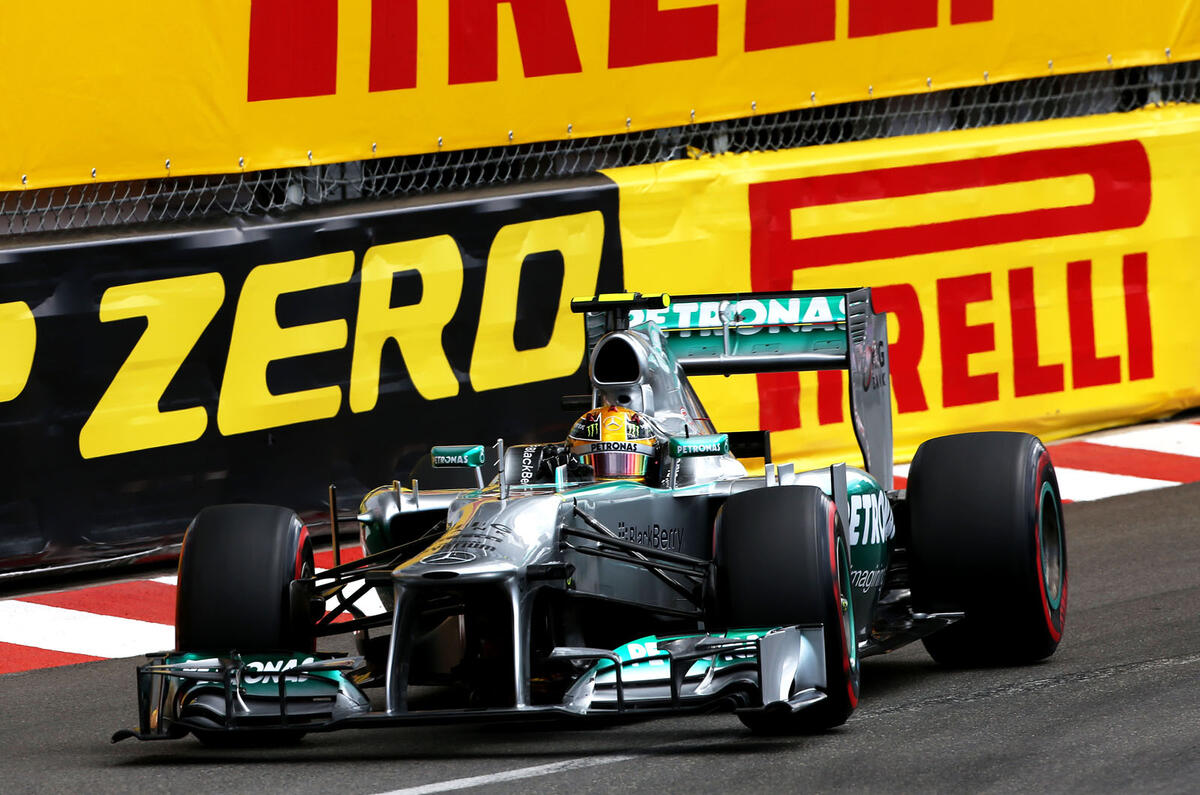The current focus of Formula 1 is on the question of whether or not Mercedes and Pirelli did something wrong when they tested new tyres on a 2013 car in the break between the Spanish Grand Prix and Monaco.
A lot of energy is being wasted on the argument. The subtext is that Formula 1 needs to make up its mind about testing, particularly as new regulations are coming in 2014 which will mean that there will be a lot more new things needing to be tried and tested.
In reality, even this is not quite the right argument, as it has long been clear that the teams will always spend money if they deem it to be necessary and they have the money to spend. The only way to change that thought process is to present them with a situation in which they cannot spend more, and then write it into the rules. This boils down to budget restrictions of some kind, with the FIA being the policeman.
It is entirely possible; the world of football has managed to get itself in order with the Financial Fair Play Rules (FFP), which aim to control spending with the goal of enabling teams to break even and control salaries. The wages for the Premier League clubs are now limited to a percentage of the team’s turnover and, to ensure that the teams comply, transfer embargoes can be applied if they spend too much. It is not a budget cap per se but is a very intelligent way to make sure that teams don't simply buy their way to success.
Obviously, the big spenders don't want to agree to something that stops them from spending, because money is a potent weapon in the battle to win F1 races, even if endless spending doesn't make sense to them as businessmen. F1 would do well to look at what the Premier League has done, or to the debt cap systems that are used in the United States to ensure the financial health of the sport. Will they do it? Probably not. In most sports, it takes a crisis before anything happens…



Join the debate
Add your comment
Question is..........?
If spending is curbed,how far would it need to be to be fair to all the teams?,would in the endanger investment in F1?,thus,F1 would,could end up a Grass route's sport,with no big players in it,just shoe string teams,with no top drivers?.Another question,do we really need so many teams?,would say cutting the field by 25% make F1 more affordable?,ie, only well backed teams would survive,be able to run a full season.
Teehee
I do like the idea that Formula 1 is in such a mess that it should look to soccer for guidance. Imagine Sepp Blatter being held up as a role model for anyone.
Cash corrupts and absolutely loads of cash corrupts absolutely - as Lord Acton (1834-1902) would tell you were he still alive.
None of which might be a problem, perhaps, were the public able to disentangle this sort of corporatised ugliness from its slightly quaint notions about sportsmanship.
At the end of the day F1 is a
At the end of the day F1 is a monority sport, as demonstrated, by struggling F1 race tracks, and empty grandstands. Most petrol heads know where their money is better spent, on a track day out. To take your family to an F1 race could cost nearly £500. Clearly its a no brainer. And apart from maybe the top ten world football teams, backed by wealthy Billionaires, the rest of Football, throughout Europe is a Financial disaster.